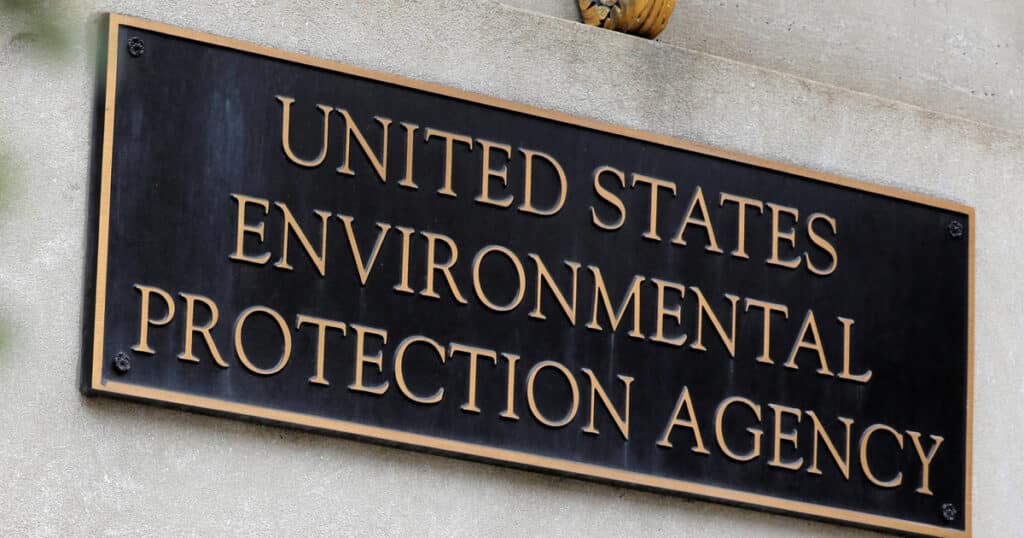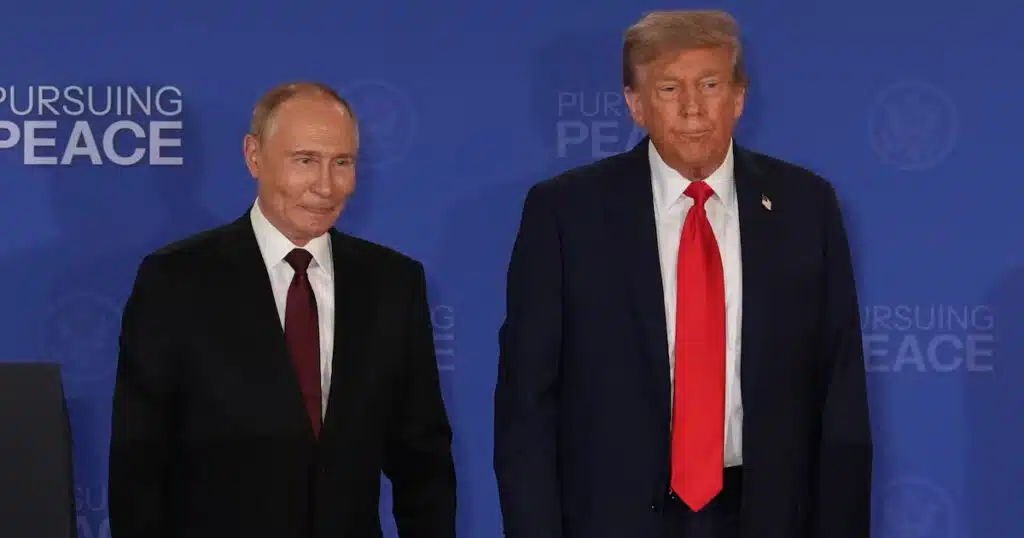
Progressives, conservatives not happy with EPA’s new rule on vehicle emissions
The U.S. Environmental Protect Agency said Wednesday it is finalizing more protective emissions standards that it called the “strongest ever” for light-duty and medium-duty vehicles that it claims will reduce air pollution and be phased in from 2027 through 2032.
In a news release, the EPA claimed the standards would result in a reduction of 7 billion tons of carbon emissions and have a net benefit of $100 billion in terms of public health benefits as well as reduced fuel costs and maintenance and repair costs for drivers.
“With transportation as the largest source of U.S. climate emissions, these strongest-ever pollution standards for cars solidify America’s leadership in building a clean transportation future and creating good-paying American jobs, all while advancing President [Joe] Biden’s historic climate agenda,” EPA Administrator Michael S. Regan said in a news release.
The Center for Biological Diversity criticized the EPA’s rule, saying it didn’t go far enough. The center says the new tailpipe emissions standard was far less restrictive than originally considered.
“This rule could’ve been the biggest single step of any nation on climate, but the EPA caved to pressure from Big Auto, Big Oil and car dealers and riddled the plan with loopholes big enough to drive a Ford F150 through,” said Dan Becker, director of the Center for Biological Diversity’s Safe Climate Transport Campaign, in a media release. “The weaker rule means cars and pickups spew more pollution, oil companies keep socking consumers at the pump, and automakers keep wielding well-practiced delay tactics.”
The Heritage Foundation stated the Biden Administration’s new rule declared war on U.S. drivers.
“This rule will hurt working-class Americans, small businesses, and farmers by effectively banning the sale of gasoline-powered vehicles in America – while having practically no effect on global temperatures,” said Diana Furchtgott-Roth, director of the Center for Energy, Climate, and Environment in a media release. “Despite subsidies and tax credits, electric vehicles are only 7% of new car sales, primarily bought by higher earners as an additional vehicle. EVs are unsuitable for most Americans because they are more expensive, take two hours to recharge, and they lose power and range when it’s cold, as many saw last winter. It is not social justice for the Biden administration to take away affordable transportation that gets people to work, to school, and on vacation with their families – it’s irresponsible.”
The Alliance for Automotive Innovation was supportive of the ruling.
“The future is electric. Automakers are committed to the EV transition – investing enormous amounts of capital and building cutting edge battery electric vehicles, plug-in hybrids, traditional hybrids and fuel cell vehicles that drive efficiency and convert petroleum miles to electric miles,” John Bozzella, president and CEO of Alliance for Automotive Innovation, said in a media release.“Consumers have tons of choices.”
Bozzella said phasing in the rules starting in 2027 and ending in 2032 gives the market a chance to catch up to the demand for electric vehicles and allow for more public charging to come online.



